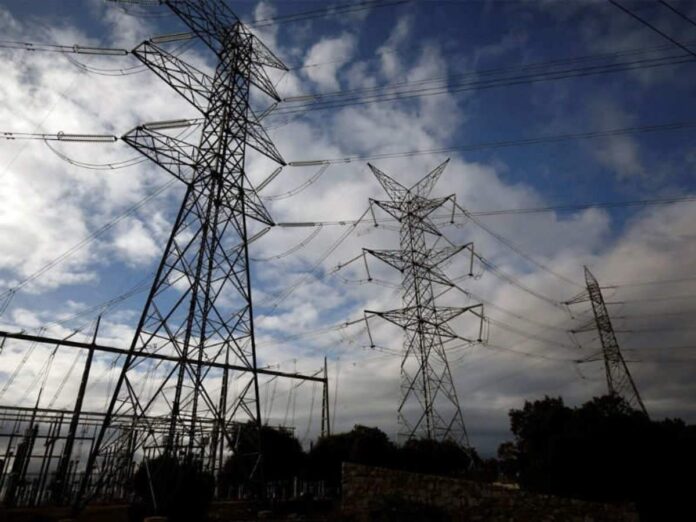ISLAMABAD: National Electric Power Regulatory Authority (NEPRA) has reserved its decision on the request of power distribution companies (DISCOs) to increase the price of electricity by Rs 5.6194 per unit on account of fuel charges adjustment (FCA) for the month of December 2023.
Earlier, Central Power Purchasing Agency (CPPA), on the request of DISCOs, submitted an application with NEPRA to increase the electricity price under FCA of December, 2023. And, NEPRA conducted a public hearing on 31st January 2023 (Wednesday) mainly to consider December’s FCA.
The CPPA, in its application, claimed that the reference fuel cost for December 2023 was set at Rs5.403 per unit but the actual fuel cost came in at Rs11.022 per unit. The CPPA also submitted that the total electricity generated with various fuels in the month of December was recorded a 97,726 GWh, at a price of Rs 10.1341 per unit. The total cost of energy was Rs 78,296 million.
During the hearing, Member NEPRA Rafiq Sheikh inquired how much was the burden due to the violation of the merit order and the system constraints. How long will this system last, what is the plan or will we continue to sell electricity like this? Ever since the creation of Pakistan, problems have been going on, how long will these problems be solved?
Member NEPRA Rafiq Shaikh said that do the institutions have any solution, how long will this problem be solved? This month electricity distribution problem reported three times, either tell that there is no solution, the issue of overbilling of electricity companies will be finalized by March.
During the hearing, Member NEPRA Mothar Niaz Rana said that nuclear power was generated less due to refueling of nuclear fuel.
Meanwhile, the Central Power Purchasing Agency (CPPA) sought retroactive adjustments of over Rs 5 billion.
NEPRA officials clarified that the power companies (DISCOs) will replace the faulty meters by February.
The power generation with hydel source was 1,859 GWh (giga watt per hour) constituting 24.06 per cent with zero cost of power generation while power production with coal-fired power plants was 1,694 GWh (local + imported coal: 1,310+ 384 GWh) which was 21.92 per cent and the total power generated at a price of Rs2 million (Rs 29.5832/unit).
Similarly, the power generation from gas-based power plants was 826 GWh, 10.69 per cent of the total generation, totaling Rs14.6035 per unit and the generation from Re-gasified Liquefied Natural Gas (RLNG) was 1,268 GWh, which was 16.41 per cent of total generation, at Rs33.250 per unit.
Likewise, power production from bagasse recorded at 101 GWh, the price of which has been calculated at Rs 5.9822 per unit. The electricity generated from wind was recorded at 150 GWh, 1.95 per cent of total generation and solar at 62 GWh, 0.80 per cent of the total generation in December 2023.
Moreover, electricity generation from nuclear sources was 1,464 GWh which came out at Rs1.3162 per unit, 18.95 per cent of the total generation, and electricity imported from Iran was 28 GWh that amounted to Rs 33.1274 per unit, 0.37 per cent of the total power generation in the said month.
It is also learnt from the data submitted by the CCPA with NEPRA that net electricity delivered to DISCOs in December 2023 was 7,418GWh (96.02pc) at a rate of Rs 11.0225 per unit, total price of which was Rs 81,767 million.
It is pertinent to mention that this is apparently the highest-ever increase in fuel cost adjustment (FCA) demanded by the CPPA. Similarly, the higher proposed FCA is mainly because of higher than reference fuel cost and lower hydropower availability in December 2023. Likewise, if NEPRA approves Rs 5.62/unit hike in power tariff under FCA of December, then power consumers will pay the additional bill in the month of February, 2024.
So far, NEPRA has reserved the decision to increase the price of electricity by Rs 5.62 per unit under FCA of December, which will be issued after necessary scrutiny of the data.
According to NEPRA, the increase in electricity price under FCA of December 2023 will not be applicable to the lifeline electricity consumers and the consumers of K-Electric.




